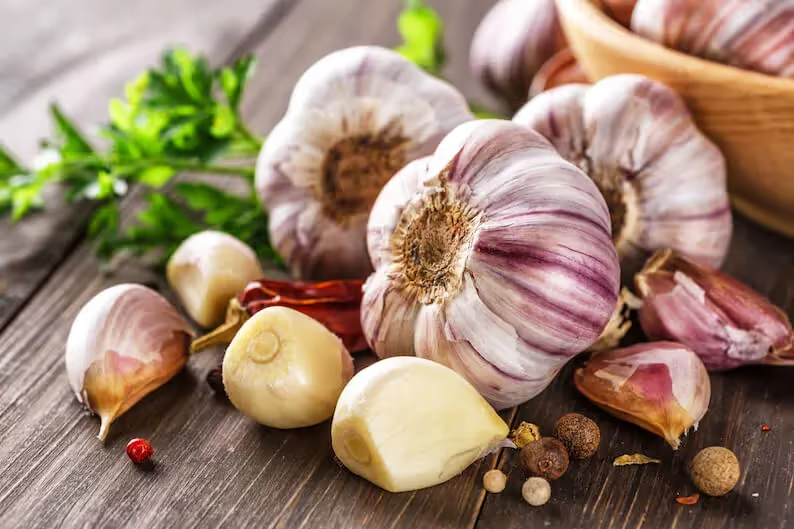Your blood pressure might seem like just another number your doctor checks, but it's actually one of the most important insights into your overall health. It's like a window that allows you to see how well your heart, blood vessels, and even your kidneys are working together. As we get older, paying attention to our blood pressure becomes even more important. High blood pressure is common in seniors, but it's not an inevitable part of aging. The good news is that it can be managed. Let's break down what the numbers mean, why they matter, and what you can do to keep them in the healthy range.
Understanding the Numbers
When your blood pressure is taken, you'll see two numbers written like this: 120/80. Here's what each number means:
- Top number – Systolic pressure: The pressure in your arteries when your heart is actively pumping blood.
- Bottom number – Diastolic pressure: The pressure in your arteries when your heart is resting between beats.
Both numbers matter—if either one is too high or too low, it can be a sign that your heart and blood vessels are under stress. General Blood Pressure Categories Most doctors use these ranges as a guide:
- Normal: Less than 120/80
- Elevated: 120–129 systolic and less than 80 diastolic
- High blood pressure (Hypertension Stage 1): 130–139 systolic or 80–89 diastolic
- High blood pressure (Hypertension Stage 2): 140 or higher systolic or 90 or higher diastolic
- Low blood pressure (Hypotension): Usually less than 90/60
Why Blood Pressure Matters So Much
Blood pressure tells you how hard your heart is working to push blood through your arteries. If it's too high for too long, it can damage the walls of your blood vessels, making them less flexible. This can lead to:
- Heart disease – Your heart works harder and can become weaker over time.
- Stroke – Damaged blood vessels in the brain can lead to dangerous blockages or bleeding.
- Kidney disease– High pressure can strain the delicate blood vessels in your kidneys.
- Vision changes – Small vessels in your eyes can be damaged, affecting eyesight.
On the other hand, if blood pressure is too low, your body may not get enough oxygen-rich blood to important organs. This can cause dizziness, fainting, and an increased risk of falls, something seniors want to avoid.
What Can Affect Your Blood Pressure?
Blood pressure isn't set in stone and can change throughout the day. You might notice higher readings at the doctor's office if you're feeling nervous (commonly known as "white coat syndrome") or lower readings after a relaxing walk. Common factors include:
- Diet – Eating too much salt, processed foods, or alcohol can raise blood pressure.
- Activity level – Regular movement helps keep blood vessels healthy.
- Stress – Ongoing tension or anxiety can keep numbers high.
- Medications – Some prescriptions and even over-the-counter drugs can affect blood pressure.
- Weight – Extra weight makes the heart work harder.
- Overall health – Conditions like diabetes or thyroid problems can influence blood pressure.
How to Keep Your Blood Pressure in a Healthy Range
The good news? There's a lot you can do to support healthy blood pressure, often without big, complicated changes.
- Eat for your heart. Focus on fruits, vegetables, whole grains, lean proteins, and low-fat dairy. Cut back on salty snacks, canned soups, and processed meats.
- Stay active. Aim for at least 20–30 minutes of movement most days. Walking, swimming, gentle yoga, or even dancing in your living room all count.
- Keep a healthy weight. Losing even a few pounds, if you need to, can make a big difference in lowering blood pressure.
- Limit alcohol and quit smoking. Both can raise blood pressure and harm your blood vessels.
- Manage stress. Deep breathing, meditation, gardening, or spending time with friends can help you relax.
- Follow your doctor's plan. If you've been prescribed blood pressure medication, take it exactly as directed, don't skip doses even if you feel fine.
The Silent Nature of High Blood Pressure
One of the more challenging things about high blood pressure is that it often has no symptoms. You can feel perfectly fine and still have numbers that put your health at risk. That's why regular checks are so important, whether at the doctor's office, a pharmacy machine, or with a home monitor. Keep a record of your readings and bring them to your appointments. This helps your doctor spot patterns and adjust your care if needed. Your blood pressure is like a health report card for your heart and blood vessels. Knowing your numbers and working to keep them in a healthy range is one of the simplest, most powerful things you can do for your long-term health. Small daily choices, including what you eat, how much you move, and how you manage stress, really do add up. By keeping an eye on your blood pressure now, you're protecting your heart, brain, and overall well-being.




%20(1).jpg)